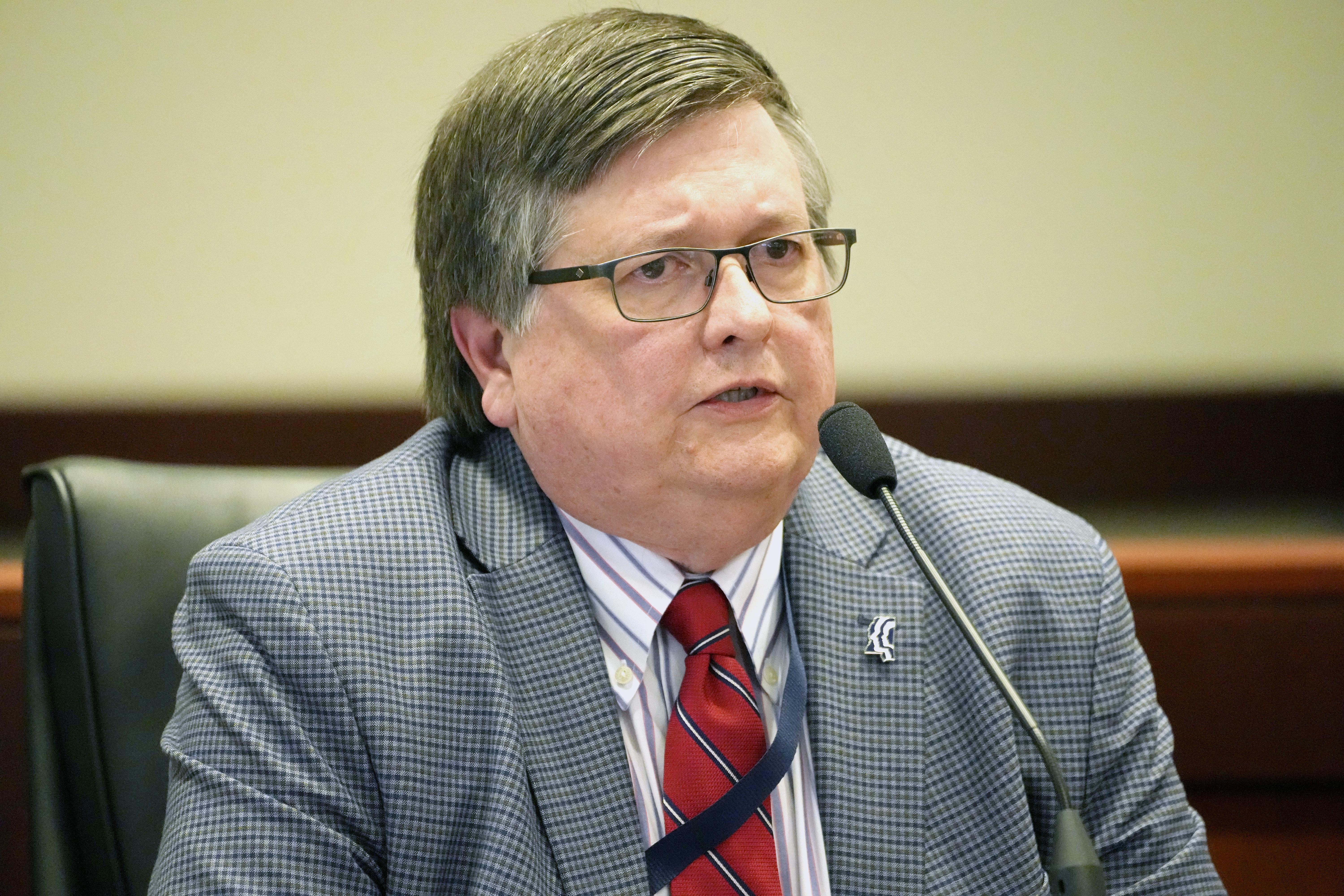The Early Intervention Task Force is recommending changes to the state's First Steps program, which serves infants under three years old with qualifying developmental delays. This support can include things like physical and speech therapy.
Task Force Chair, Dr. Susan Buttress, says the Early Steps program is essential in helping these children achieve their potential.
“Many children with milder disabilities, once they receive services for maybe a few months, or even a couple of years, tend to be remediated and be able to go on to regular kindergarten, which is our goal,” Buttress said.
The First Steps program currently serves less than one fifth of eligible children, according to the Center for Mississippi Health Policy.
One issue that keeps eligible children from getting the treatment they need is a shortage of service providers across the state. It can take months for providers to be reimbursed by insurers for the work they do, which limits the health department's ability to recruit new providers and has chased out smaller ones that can't afford those delays.
“No matter how good their hearts are, you can't expect someone to work and then not get paid or to wait for six months before they get paid,” Buttress said. “...We have heard from providers all around the state saying that this has been a huge issue over the years and if we could help them with that, they would be willing to stay.”
To fix this problem, the task force is recommending that the program switch to a pay and chase model, where the health department would reimburse providers after they provided the care and then go after insurance reimbursements themselves.
"We're pretty good about tracking that (insurance payments) down," State Health Officer Dr. Daniel Edney said after an earlier task force meeting. "It wouldn't matter as much for us if it took six months to get the payment versus a private provider."
Switching to this model would require a substantial cash infusion from the legislature, estimated to be between $16-20 million. Edney says that if the transition to the new model was funded, the program would become self-sufficient after the health department began collecting from insurance companies.




